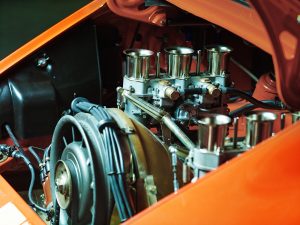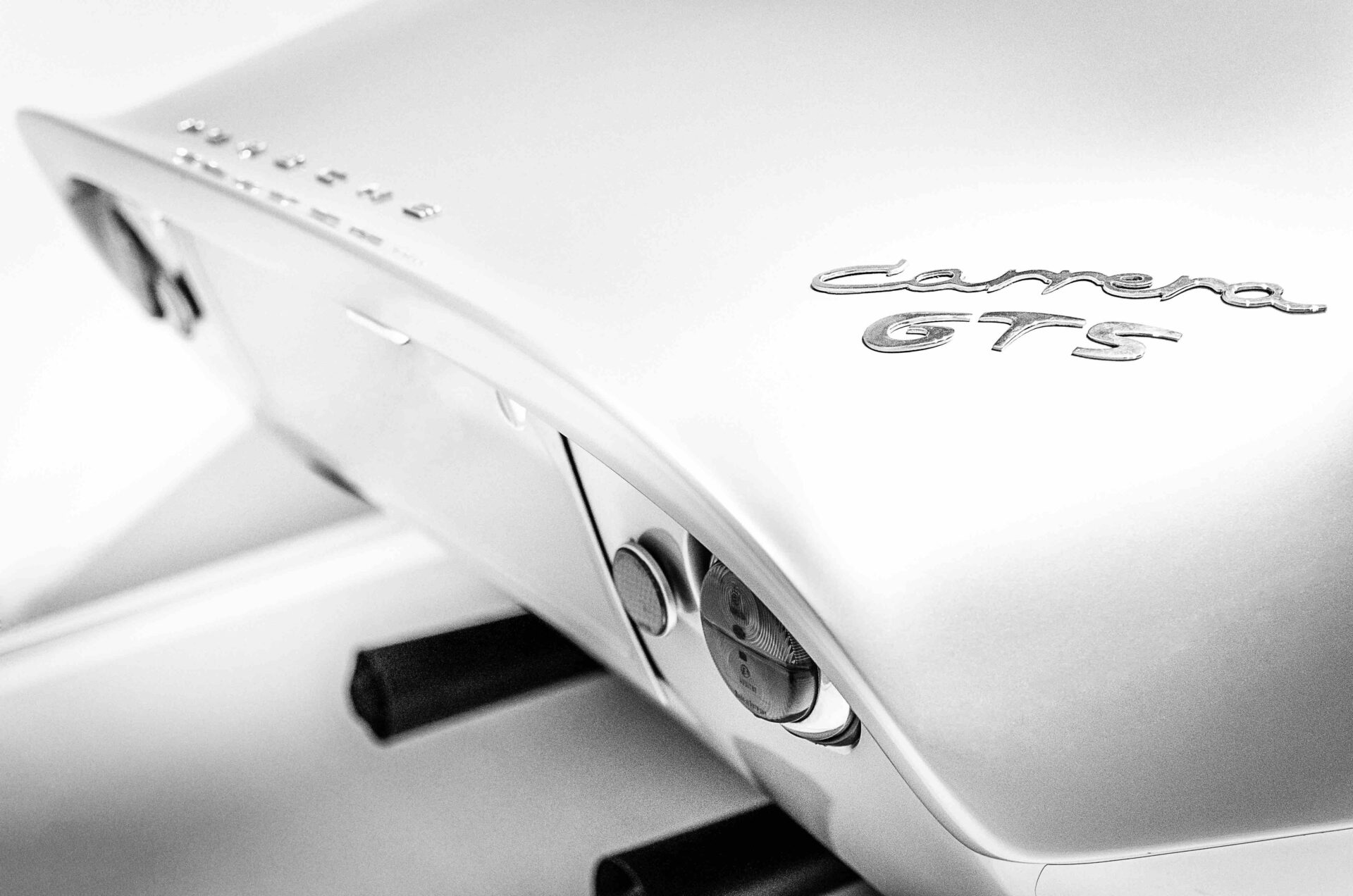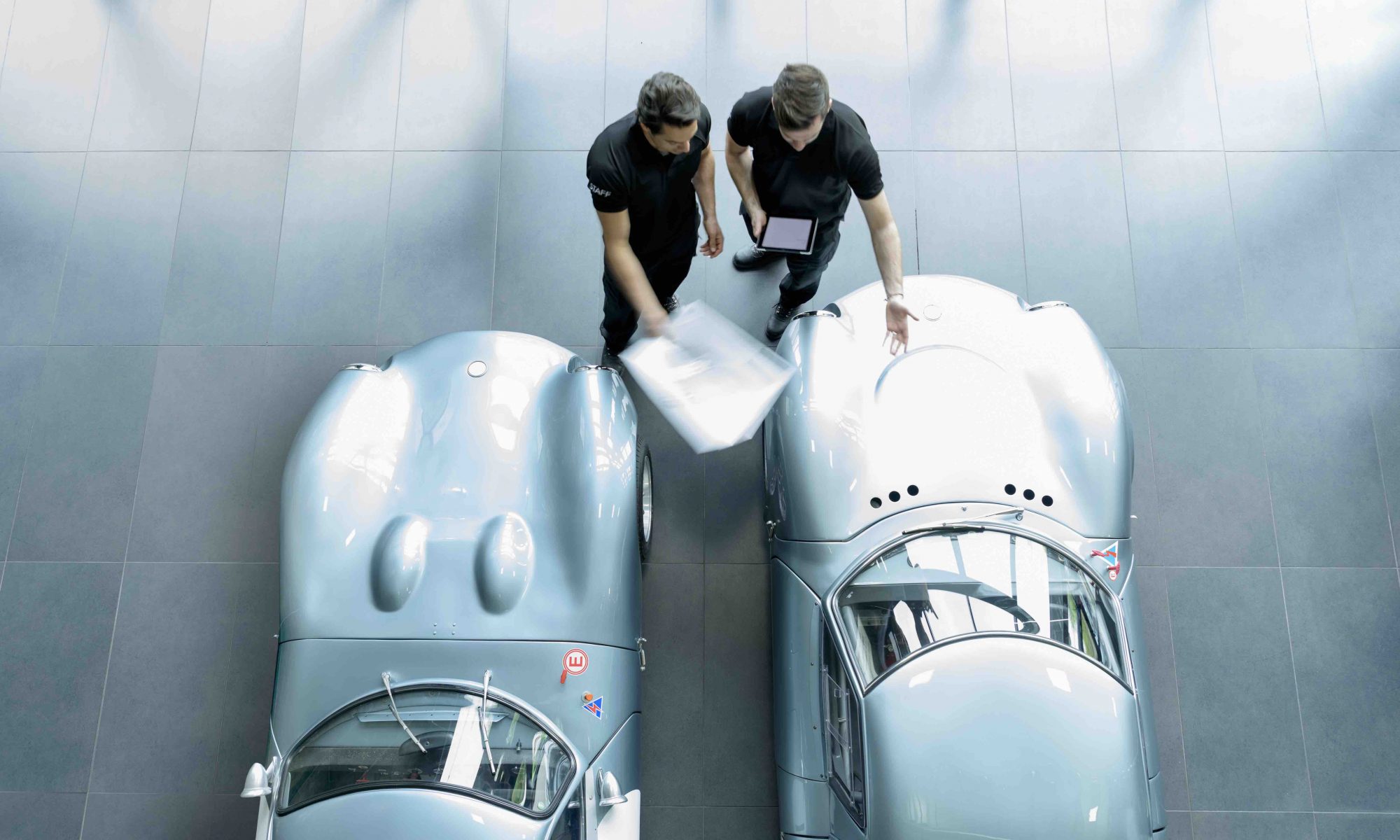Classic cars – easy to love, but at a profit or loss?
Classic car shows are sometimes known as ‘concours d’élégance’ – an elegance contest. It is easy to see why these gleaming feats of design and engineering merit the name, and why modern motoring innovation rarely generates the same passion. But while they are certainly a joy to look at, drive, and be seen in, can investors make money out of classic cars?
Trophy cars with an exciting history can attract eye-popping figures. In July 2018, for example, the Aston Martin DB5 driven by Pierce Brosnan in the 1995 James Bond film GoldenEye was sold at auction for £2 million – beating estimates of £1.2 million to £1.6 million – at Bonham’s Goodwood Festival of Speed sale in England.
The Aston Martin’s price, however, fell a long way short of the $48 million paid the same year for a 1962 Ferrari 250 GTO – a record that was itself obliterated in 2022 by a collector who paid €135 million for a 1955 Mercedes-Benz 300 SLR Uhlenhaut Coupé.
“I couldn’t find the sports car of my dreams, so I built it myself” – Ferdinand Porsche

Fluctuating market
Up to 2017, the classic car market had enjoyed a decade of strong returns. According to international property consultant Knight Frank, classic car values increased by 469% over the 10 years to February 2016. However, the market since then has fluctuated, with prices of most classic car categories stagnant or dipping through the Covid-19 pandemic, says UK luxury car data provider Hagerty Group. Still, Knight Frank says prices grew by just under 60% in the 10 years up to the fourth quarter of 2024.
In 2022 Hagerty’s Gold Index, featuring cars such as the Ferrari F40 and Mercedes-Benz 300SL Gullwing, soared in value. But the specialist insurance provider says indices tracking the prices of Porsches barely budged over the five years from February 2018, and its Ferrari index was 5% lower over the same period.
There are plenty of explanations for fluctuations in the market. Apart from the impact of economic peaks and troughs, and the relative appeal of other types of investment such as the stock and bond markets, as well as more recently crypto-currencies, experts say exchange rates can play an important part in pricing, particularly at the top end of the market.
Tax breaks
The vagaries of the market aside, there are some clear arguments in favour of buying classic rather than new cars. Almost every new car, bar a handful of models that are already expensive, scarce and highly sought after, depreciates rapidly, so someone about to spend a lot of money might favour a classic car that is liable to retain its value better.
It may also be exempt from some vehicle taxes. In Luxembourg, legislation regarding old-timers that came into force in 2016 stipulates a significant reduction in road tax for vehicles with historic vehicle status. The car must be at least 30 years old, in good working order, look as it would have done at the time of manufacture, and be certified by an expert at road transport authority SNCA.
Classic cars may benefit from a more advantageous capital tax treatment as well. In the UK, no capital gains tax is payable on profit from the sale of a classic car. Cars of all kinds are deemed to be a wasting asset with a useful life of less than 50 years, even those that are actually still going strong.
Maintenance and repairs
However, it is not a market for the inexperienced or hard up. Owning a classic is not like owning a normal car: the local garage cannot step in every time it needs to be repaired, and the costs associated with running and maintenance may be substantial.

Even for owners that claim expertise in carrying out their own repairs, classic cars often require specialist engineering skills. And they are highly unlikely to match the fuel economy of modern cars; they are ‘show’ vehicles, intended for public display but not necessarily well suited for the daily commute.
Many purchasers of classic cars buy vehicles at auction or scour specialist magazines to find overlooked gems. It is a good idea to start out with a clear idea of your budget, which should also include the cost of insurance and tax, auction fees if applicable, and transporting the vehicle home.
‘Provenance’ is considered very important by experts. Almost all classic cars will have been repaired at some point, in some cases substantially, and buyers will demand assurance that it has been carried out properly. A comprehensive record of ownership and maintenance is the best protection.
Classic car funds
Bernie Ecclestone, the billionaire former owner of Formula 1’s marketing rights who started out as a London used-car dealer, is an avid classic car collector. His advice for people wanting to make money in classic cars is straightforward: “Buy cheap.” Nevertheless, Ecclestone has been known to go overboard for the right car, buying the McLaren with which the late Ayrton Senna won the 1993 Monaco Grand Prix for €4.1 million. And since restoration of old cars is slow and expensive, paying for quality might be better advice for a new investor.
The advice of former Formula 1 supremo Bernie Ecclestone for making money with classic cars is straightforward: Buy cheap.

As with other collectibles such as wine, watches and art, a number of investment firms have set up funds to pool investors’ money to invest in classic cars, given that individual assets are often extremely expensive. Swiss asset manager Hetica Capital launched a €50 million Luxembourg closed-ended fund in 2021, targeting an annual return of between 9% and 15% after seven years. In 2023 Italian specialist asset manager Azimut Investments launched what it says was the world’s first evergreen fund for classic cars, also domiciled in the grand duchy, targeting limited edition luxury vehicles with a value of at least €1 million.
However, analysts say classic car funds have experienced mixed success. While managers may offer expertise in buying and selling classic cars, they usually charge high annual management fees, and the minimum investment for both funds is €125,000, as alternative investment funds.
Dietrich Hatlapa, founder of classic car research house Historic Automobile Group International, which supplies sector data for Knight Frank, is sceptical: “We’ve seen more than 100 attempts at setting up funds in the past. Nobody managed to build both a diversified investor base and a diversified car portfolio.”
There’s also the issue that an investment fund rules out two of the most potent pleasures of owning a classic car: looking at it, and driving it. Although some funds allow cars to be viewed and even driven occasionally, it’s not the same as knowing it is tucked up in the garage, ready for a quick spin around the neighbourhood.
It is not a market for the inexperienced or hard up – the local garage cannot step in every time the car needs to be repaired, and the costs associated with running and maintenance may be substantial.


 Mortgage
Mortgage Personal loan
Personal loan Savings
Savings